RUSTY TALK WITH JACOB WREN
Print Screen is a fascinating series at the Film Society of Lincoln Center that pairs acclaimed authors with films that have influenced them. This Spring they feature Jacob Wren talking about director Abbas Kiarostami’s seminal work Close-Up. Wren’s new book Rich And Poor (Bookthug) travels through the mind of a disenfranchised man who decides to kill a billionaire as a political act. The book is told through both the eyes of the assassin and the rich man. Kiarostami’s Close-Up is a fictional film about actual events with the people who experienced the events, thus. Both Wren's book and Kiarostami's film are driven by unreliable characters and events that ultimately play upon the idea of what is art and what is truth in art. I recently had the chance to talk about his new book, art, politics, literary cliques, and film. —Jacqueline Valencia Jacqueline Valencia: I literally just finished reading Rich And Poor and re-watched Abbas Kiarostami’s Close-Up as well. What brought you to do this for the Lincoln Center? Jacob Wren : Rachel Rakes invited me to be part of this series I’ve never seen, but seems really awesome. JV: There is an unreliable narrator in the movie and in your book. What I enjoyed about that is that the man pretending to be the filmmaker and in turn the filmmaker making a movie about that it’s a duality seen in your book, Rich And Poor. These two works explore duality. JW: It was only when I finished Rich And Poor that it became so clear to me that there were two unreliable narrators. I went back and forth between them. But I do think there is some sense in which all my writing is about paradox or embodies many paradoxes of living that makes it clear that there can’t be a reliable narrator. We’re all unreliable narrators of our own lives. Philosophizing and trying to theorize about life is a kind of unreliable activity. Rich And Poor is a book about many things, but one of the things it’s about is what we do about capitalism. How can we change it in some way, or can we or is there any possibility, or what are the possibilities? Capitalism seems so overwhelming. Any idea you have to change it or defeat it one can’t be sure it will work. Also, capitalism seems to be able to absorb so much of the opposition. It takes that opposition and makes it a part of capitalism and you can feel it’s hopeless. I think this puts us in a position of being unreliable, or unknowing, or unsure. JV: It’s a pretty circular thing because once you make a call to action it gets easily appropriated without one realizing it until it may be too late. JW: Yeah or it might change things, but not exactly the things you want to change. You’re entering a very unpredictable space. JV: I noticed the line: “Someday a real rain will come and wash all the scum from these streets.” It’s from one of my favourite films, Taxi Driver. JW: * laughs * Yeah. JV: What inspired you to write Rich And Poor besides the idea of capitalism because this reads a lot like the characters in Taxi Driver (Travis Bickel, the disenfranchised taxi driver and Palantine, the politician). JW: I would say that the origins of Rich And Poor were reading David Graeber’s book Debt: The First 5000 Years and a lot of the discourse around Occupy Wall Street and this refocusing of leftist attention on the one percent. Also, how capitalism became less of an abstract. I was raised to think that capitalism was this abstract post-modern machine, in that Foucault sense, invaded all of our discourse and our ways of understanding the world totally. Capitalism may be that, but it’s also rich people getting richer. And refocusing capitalism on the idea of rich people getting richer and well with all the rich people I was thinking, why don’t we just kill them? It’s probably just a few hundred or a few thousand people. Why not the French Revolution? This unnamed protagonist who decides to kill one specific billionaire—it’s a classic cinematic image for the loner who wants to do something good in the world, but maybe where we question him is in Roberto DeNiro in Taxi Driver. Jacqueline: There are many layers in watching a film. We have the film that is presented to the viewer and the film that continues playing in the viewer’s brain after they’ve left the theatre. This is one of things that really got me about Kiarostami’s Close-Up. I forgot who says it, but the line that stuck with me was: “Spite is a veil to conceal art.” Some of the passages in your book also stand out in much the same way. My point is, I wonder if Kiarostami had that in mind, the idea of the film as an extended part in a viewer’s mind. JW: Yes. Close-Up is such a film about art and what power it has in the world or what power it doesn’t have in the world. And the way art is or isn’t a lie or is or isn’t truth. It’s a Tolstoy quote: “Ill will is the veil that covers art.” JV: The unnamed billionaire in Rich And Poor starts a poetry foundation. He forms it as a kind of conceit or way for him to find out what poetry or art is. And sometimes he gets it and sometimes he doesn’t, especially when it comes to activism. It’s really interesting especially with current controversies within the poetry community. What did you want to explore in including that? JW: I would say all of my books are somehow about the relationship between art and politics. There are positive and negative relationships there. This is one cynical relationship between art and politics. JV: How about art and politics within Close-Up? JW: That’s fascinating because you have the con man who is somehow using the power of art to gain something. He’s trying to gain symbolically a sense of self in the world and a sense of power. Then there is the financial aspect to it too where he’s trying to get money. JV: Do you really think he was trying to get money though? JW: No, I mean, he probably wasn’t out to get money. He does need money. He’s using everything at his disposal. And he is an autodidact and I’m also an autodidact. The politics in Close-Up are very complex and very paradoxical. JV: That’s why it leaves you still thinking after you’ve left the film. This goes back to your book. I think that after a reader reads a book, like a viewer finishes a film, there’s another book inside the readers brain. So as I read your book and I do a bit of activism, it seeps in there and resonates. There’s a big aspect of activism in your book. What do you think will be the next activist wave in poetry or literary culture? JW: I’m really bad at predicting the future. Whenever I try and predict the future I am always wrong. Definitely we are living in a kind of golden age of protest in the moment. There’s been an enormous degree of powerful effective protest all around the world in the past ten years. Not quite sure when it started. This protest also connected to the fact that the injustices, let’s say economic inequality, are not only becoming greater but more visible and more obvious. I grew up in the eighties and I think of shows like Lifestyles of The Rich And Famous where this kind of wealth was cast in a positive way. Maybe that can still happen now, but I think people would be more disgusted about it now than they were then when it was romanticized or sensationalized and made for pure entertainment. JV: I think that nowadays people aren’t listening to the people who are doing the real work out there. I think poetry is very political by nature, but through all the cliques and the award-world spectacle, we don’t hear or get to read beyond what is told to us. There are so many writers that don’t get heard for various reasons (racism and sexism). That’s my biggest problem with the world of literature. JW: I always think the art institutions, the publishers, maybe who are now called the gatekeepers ... what am I trying to say? The most political work is often not the most successful, sadly. JV: I guess what I’m trying to say is that we romanticize what we do get to hear, but don’t hear the rest of the people out there. Not everyone is getting their say. JW: There’s a lot of people out there with a vested interest in keeping the status quo in place. When you have a desire to change the status quo and you don’t see a change, you’re pushing uphill. That’s why it’s so important and that’s why it’s so difficult. JV: Do you think Rich And Poor is a political work? JW: Yeah. I mean, almost to a fault. It’s very obviously about politics in complex ways. JV: It feels and reads like an activist work or a manifesto of sorts, which I enjoy and why I mention whether you think it is political or an activist work. JW: I hope so, but there’s a danger in activist art to become simplistic. I struggle so much to do something that is both activist and political, but still full of paradox resonance, questions, and being unsure and see if you can have both at the same time. JACOB WREN'S MOST RECENT BOOK |
Rusty Talk
Rusty Talk Editor: Archives
November 2017
Categories
All
|

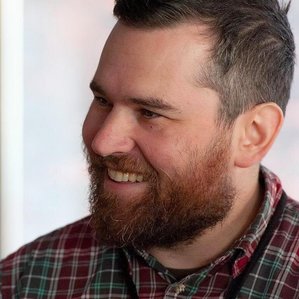
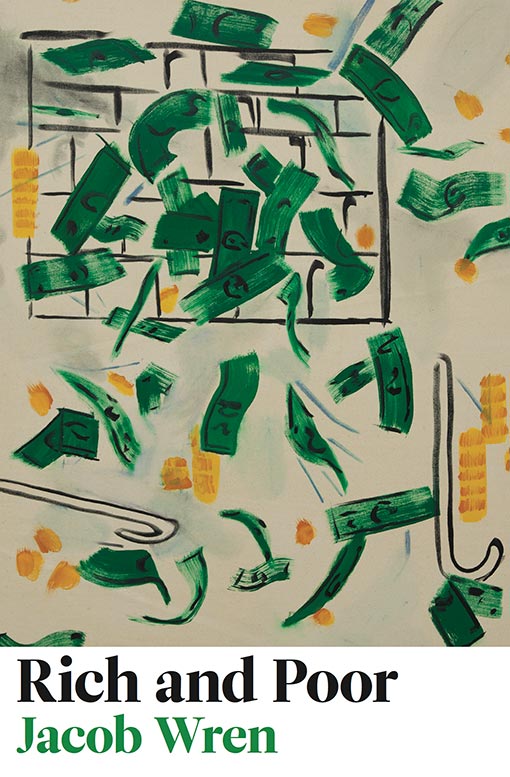
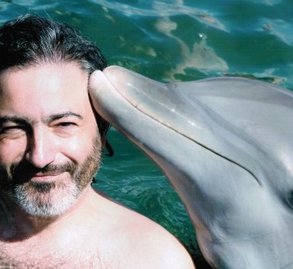
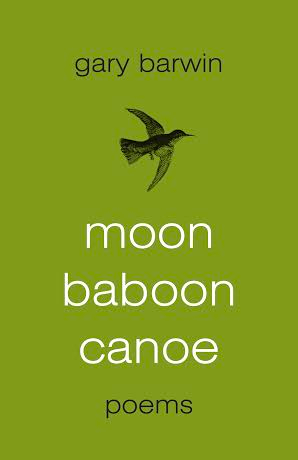
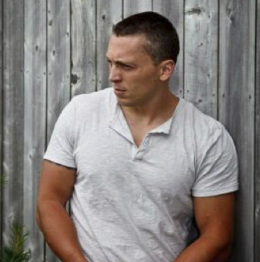

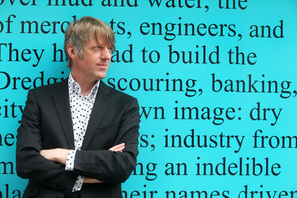
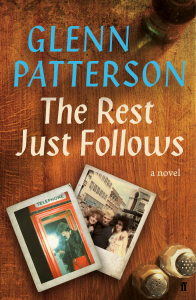
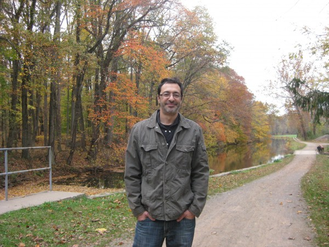
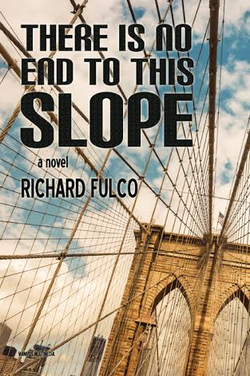
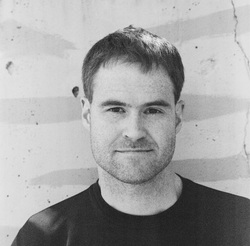
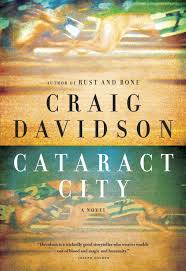

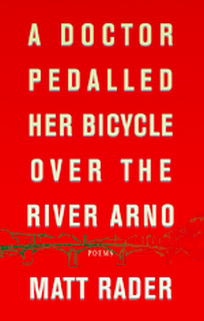
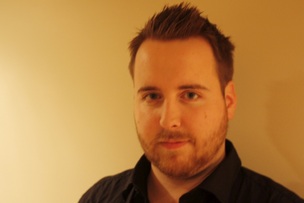
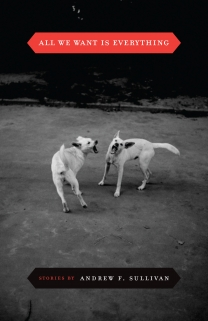
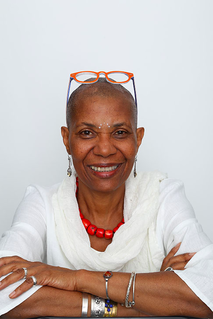
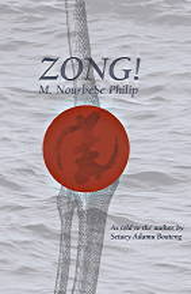
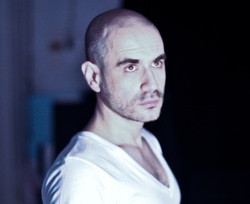
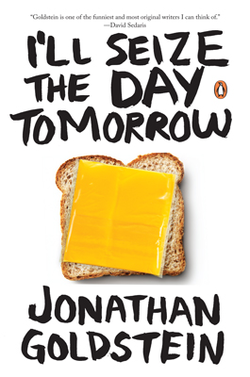
 RSS Feed
RSS Feed
